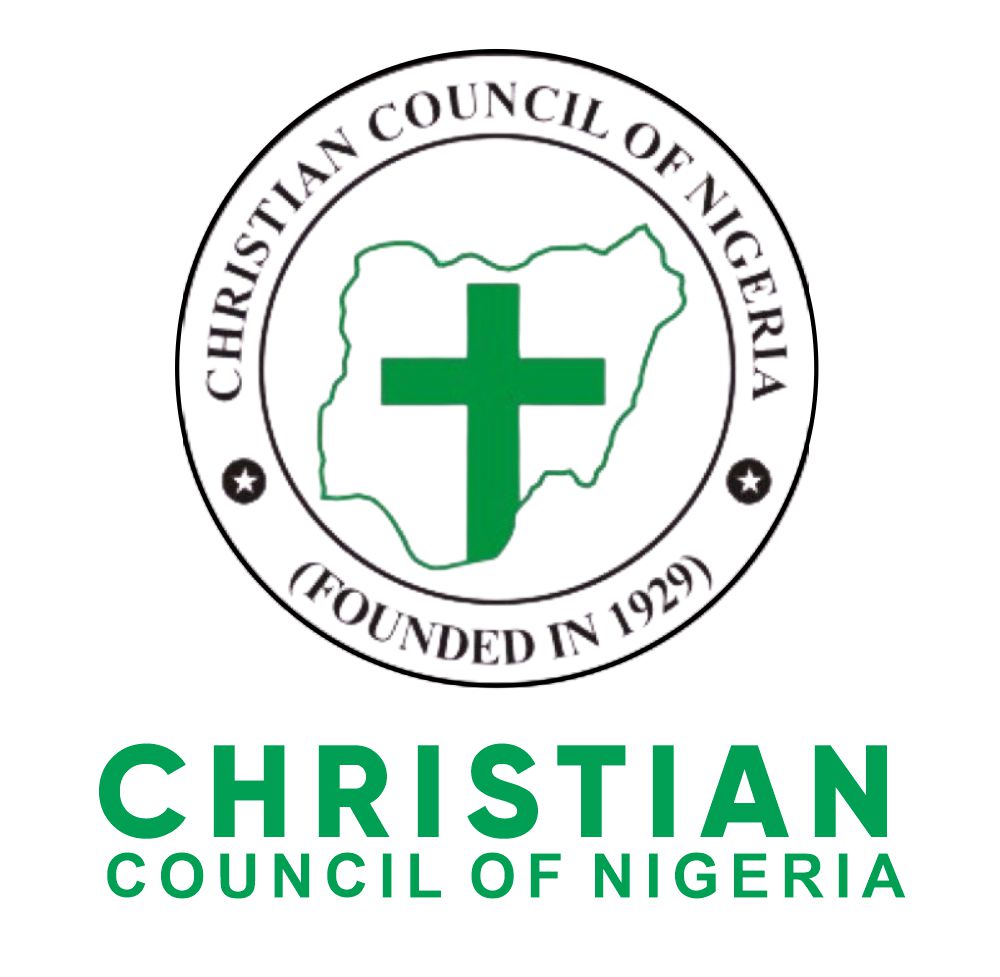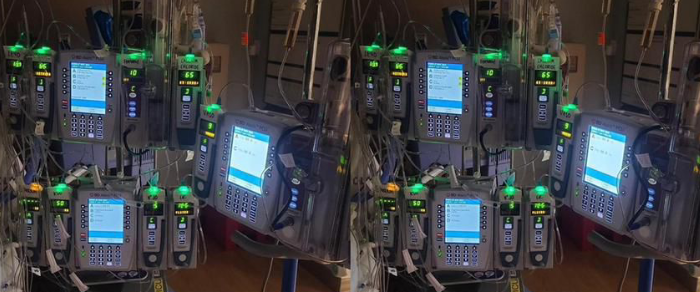
“Take It as a Wake-Up Call, Not an Insult” — Christian Council of Nigeria Reacts to U.S. Blacklisting Nigeria as a ‘Country of Particular Concern’

In a strong but measured statement that has sparked national debate, the Christian Council of Nigeria (CCN) has urged both the Federal Government and citizens to see the recent designation of Nigeria by the United States as a “Country of Particular Concern” not as an act of aggression or interference, but as a wake-up call to confront the country’s persistent insecurity and religious intolerance. The appeal comes amid mounting public reactions following Washington’s announcement, which placed Nigeria among nations accused of severe violations of religious freedom.
According to reports, the United States government listed Nigeria under the “Country of Particular Concern” category due to what it described as “systematic, ongoing, and egregious violations of religious freedom.” This classification typically targets countries where religious minorities face persecution or where governments fail to protect citizens from faith-based violence. Nigeria’s inclusion has reignited conversations about the country’s worsening insecurity, ethnic tensions, and rising incidents of sectarian violence.
The Christian Council, one of the nation’s oldest interdenominational Christian bodies, released a statement calling for introspection rather than outrage. “This is not a foreign invasion. It is not an insult. It is a reminder of the urgent work that still needs to be done to make Nigeria a safe and just nation for all,” the council said. “Instead of seeing this designation as an affront to our sovereignty, we should view it as a call to action — to confront the issues that have made our nation vulnerable and divided.”
The Council emphasized that insecurity in Nigeria has gone beyond religious lines, affecting Christians, Muslims, and adherents of traditional faiths alike. It pointed out that continuous killings, kidnappings, and violent attacks in parts of the country have destroyed families, displaced thousands, and fueled distrust among communities. “We cannot continue to deny the obvious,” the statement read. “The killings in Plateau, Benue, Kaduna, Zamfara, and other parts of the country have taken away fathers, mothers, and children without regard to religion. When any Nigerian dies unjustly, the entire nation bleeds.”
This latest development marks the second time in recent years that Nigeria has appeared on the United States’ religious freedom watchlist, sparking diplomatic tension between Abuja and Washington. While the Federal Government has previously dismissed such reports as biased and unfair, the CCN cautioned that ignoring the underlying problems would not make them disappear. “When the world points out that something is wrong, we should not respond with anger but with humility and responsibility,” the council said. “Our focus should be on healing, reforming, and ensuring justice for victims of violence.”
The U.S. designation has stirred mixed reactions among Nigerians. Some view it as a justified reflection of the government’s inability to protect religious minorities, while others consider it a political maneuver aimed at undermining Nigeria’s international image. However, the CCN’s statement appeared to seek a middle ground, acknowledging the concerns raised while urging restraint and cooperation. “Nigeria is a sovereign nation,” the Council noted, “but sovereignty must not be used as a shield for negligence or indifference. Leadership must come with accountability, and accountability must produce change.”
In recent years, numerous Christian and Muslim groups have raised alarms over the growing climate of fear across the country. Reports of attacks on churches, mosques, and entire villages have become distressingly common. Many religious leaders have accused successive administrations of paying lip service to the issue, focusing more on political survival than on protecting citizens. The CCN said the time for rhetoric was over. “We have prayed enough. Now we must act,” it declared. “The church, the mosque, and the palace must rise together against this monster of insecurity that is threatening to consume us all.”
The statement further appealed to the international community to work with, not against, Nigeria in resolving the crisis. “We do not reject international concern; we welcome partnership built on respect and understanding. However, the ultimate solution must come from within. We must fix Nigeria with Nigerian hands, Nigerian hearts, and Nigerian honesty,” the Council stated.
Government officials, however, have reacted cautiously. A senior aide to the President, speaking anonymously to reporters, described the U.S. classification as “unfair and politically motivated,” insisting that Nigeria has made significant progress in addressing insecurity and promoting interfaith dialogue. But critics argue that such assurances ring hollow in the face of recurring violence and lack of accountability.
Human rights advocates have echoed the CCN’s call for sober reflection. “Whether one agrees with the U.S. or not, the truth is that people are dying daily, communities are being displaced, and justice remains elusive,” said Dr. Grace Udom, a peace and conflict expert. “The government’s defensive posture does not help. What we need is a coordinated strategy to address the root causes of violence — poverty, corruption, and impunity.”
Many Nigerians on social media have also praised the Christian Council for its balanced and patriotic approach, describing it as a voice of reason amid the usual chorus of defensiveness. “This is the kind of leadership we need from the church,” one user wrote. “It’s not about defending the government or attacking foreign nations. It’s about facing the truth.”
Analysts say the U.S. decision could have broader diplomatic implications, potentially affecting Nigeria’s relations with Western allies and its eligibility for certain forms of assistance. Yet, others believe it could also push the Nigerian government to act more decisively. “International pressure, when rightly interpreted, can be a catalyst for reform,” said political commentator Kelechi Eze. “The real question is whether our leaders are humble enough to listen.”
For many citizens, the debate transcends politics or religion. It touches on the very essence of what kind of country Nigeria aspires to be — one that values human life and justice, or one that continues to make excuses while its people perish. The Christian Council’s message, though subtle, seems to challenge both the government and the governed to embrace accountability as a national creed.
As the controversy continues to unfold, one thing remains clear: the call for Nigeria to confront its insecurity is not going away. The international spotlight may fade, but the cries of victims — from the ruins of burnt villages to the tears of mothers who have lost their children — will not be silenced.
“Nigeria’s greatness will not come from denial,” the Christian Council concluded. “It will come from courage — the courage to admit our flaws, to right our wrongs, and to build a nation where no one is afraid to pray, to live, or to dream.”
In a nation where faith and resilience run deep, that message might just be the reminder Nigeria needs — that true strength lies not in pride, but in the will to change.


